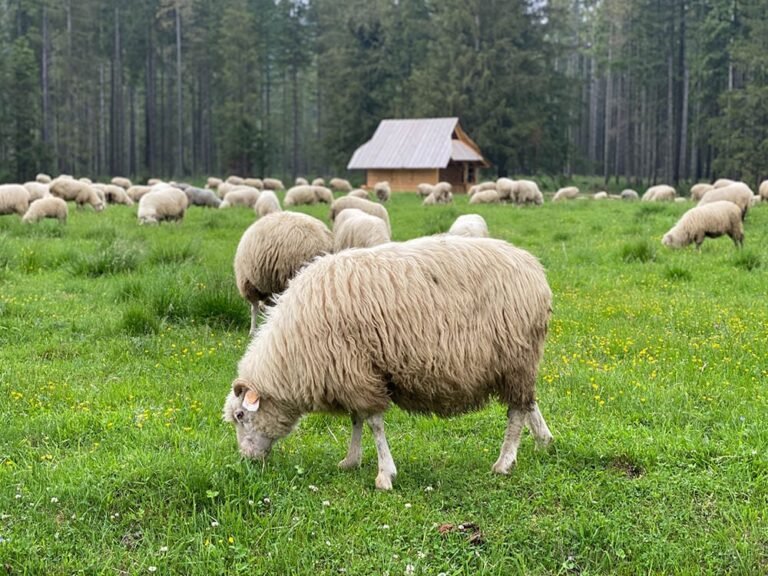verb: s’attendre à
The French verb “s’attendre à” means “to expect” or “to anticipate.” “S’attendre à” vs. “Attendre” The primary difference between “s’attendre à” and “attendre” is that “s’attendre à” is reflexive (or “pronominal” as we say in French) and “attendre” is not. While “attendre” means “to wait for” or “to await,” “s’attendre à” means “to expect” or…









